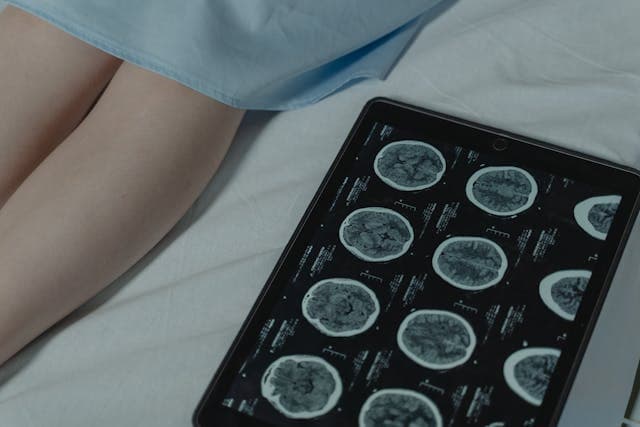Alzheimer's disease is a progressive neurodegenerative disease that gradually destroys brain cells, causing problems with memory, thinking, behavior, and eventually, the ability to function independently. It's the most common cause of dementia, a general term for a decline in mental ability severe enough to interfere with daily life. While aging is a risk factor, Alzheimer's is not a normal part of aging. It's a complex disease with no cure, but treatments are available to manage symptoms and improve quality of life for those affected and their families








